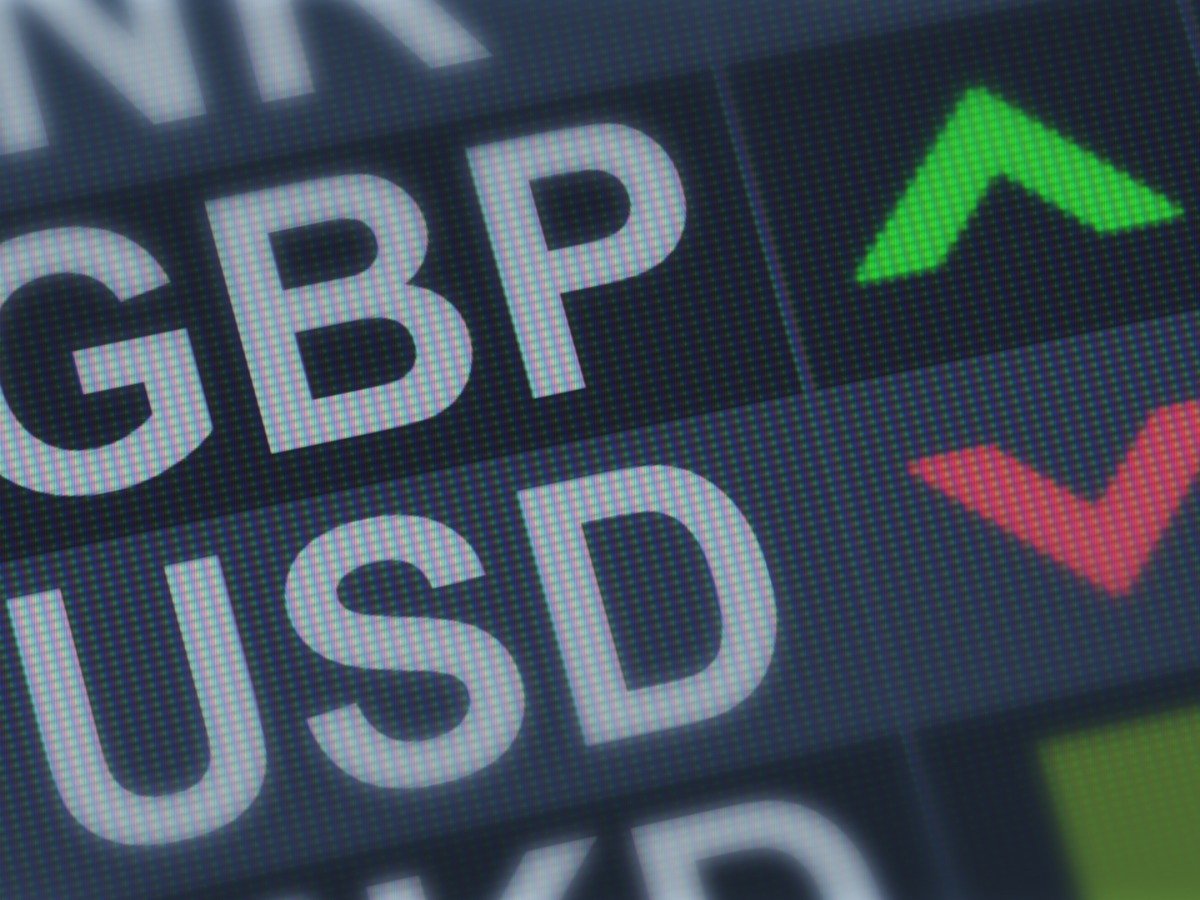18.01.23: Central Bank Aftershocks and US Data will Drive Near-Term Euro and Sterling Moves against the Dollar The

18.01.23: Central Bank Aftershocks and US Data will Drive Near-Term Euro and Sterling Moves against the Dollar
The Bank of Japan decision to resist any further tightening of monetary policy and the source reports from the ECB over the potential for a lower peak in interest rates will have significant implications across asset classes.
There will be speculation that global central banks are more confident that inflation has peaked and potentially more concerned over growth trends.
These expectations will tend to underpin risk appetite in the short term, especially with China pushing for a stronger domestic economy.
The trends in gas prices will also remain important with lower prices underpinning confidence.
 In this environment, risk-sensitive currencies such as the Australian dollar and Sterling will tend to gain support in global markets.
In this environment, risk-sensitive currencies such as the Australian dollar and Sterling will tend to gain support in global markets.
There is likely to be increased speculation that the Federal Reserve will also be more cautious over further rate hikes which will potentially limit dollar buying.
In this context, there is a possibility that the G3 central banks have decided on a co-ordinated move to lower rate expectations.
Any evidence of a Fed shift would provide another boost to risk appetite and trigger renewed dollar losses. If, however, hawkish rhetoric dominates, there will be a setback for equities.
With the outlook in a state of flux, overall market volatility is likely to be elevated.
Pound US Dollar Exchange Rate Outlook
The Pound to Dollar (GBP/USD) exchange rate secured net gains on Tuesday with net support from the UK jobs data as the stronger than expected increase in earnings triggered fresh speculation that the Bank of England (BoE) would have to be more aggressive in raising interest rates.
GBP/USD hit 1.2300 before a slight correction.
Sterling will gain net support if other global central banks are less aggressive, especially if global risk appetite holds firm.
There will, however, still be important reservations surrounding the UK economy with markets waiting for further evidence on trends in consumer spending.
The headline UK inflation declined to 10.5% for December from 10.7% and in line with market forecasts while the core rate held at 6.3% and marginally above market expectations.
There will tend to be a relative shift in expectations with the BoE seen as relatively more hawkish in global terms given sticky inflation.
GBP/USD posted further gains to fresh 4-week highs around 1.2330 after the inflation data.
Overall, GBP/USD should maintain a firm tone on domestic and global elements in the short term with solid buying on dips towards 1.2200.
Euro (EUR) Exchange Rates Today
The Euro-to Dollar (EUR/USD) exchange rate remained firm in early Europe on Tuesday and held close to 7-month highs.
After the Wall Street open, there were reports that the ECB was considering a slowdown in the potential pace and extent of interest rate increases. According to sources, the bank is still expecting to increase rates by a further 50 basis points at the February meeting, but the bank is then considering a smaller increase at the March meeting.
The Euro dipped sharply after the reports with an initial slide to 1.0800 against the dollar and posted lows at 1.0775 before a limited recovery.
Evidence that the ECB is considering a less aggressive stance will tend to undermine Euro support.
The single currency, however, will also gain support from the slide in gas prices and stronger risk conditions would also underpin the single currency.
In this context, there should still be solid support on dips and EUR/USD moved back above 1.0800 on Wednesday to 1.0830.
According to ING; “It does seem premature for the ECB to unwind its hawkish narrative just yet, and we would not be surprised to see some remarks aimed at “mitigating” yesterday’s dovish headline.
It adds; “the overall environment looks likely to stay largely supportive for EUR/USD and a return to 1.0850-1.0900 seems possible by the end of this week.”
US Dollar (USD) Exchange Rates Outlook
As expected, the Bank of Japan (BoJ) held interest rates at -0.1%, but also made no further changes to the yield curve control (YCC) policy with the ceiling held at 0.50%. GDP forecasts were revised slightly higher while there was a smaller than expected increase in inflation forecasts.
The central bank also introduced a technical tool to lessen distortions and prevent upward pressure on yields.
Markets had expected a further policy adjustment with yields allowed to increase further and the policy decision triggered heavy yen selling.
The yen posted sharp losses with the Dollar to yen (USD/JPY) exchange rate strengthening to highs above 131.50 before a retreat to 130.30.
There will still be expectations that the BoJ will have to shift policy once a new governor takes office in April.
The dollar overall is likely to be hampered by fresh reservations over the US economy with selling on rallies, especially if risk appetite holds firm.
Other Currencies
The Japanese yen slumped in global markets following the Bank of Japan policy decision.
The Pound to Yen (GBP/JPY) exchange rate surged to 3-week highs around 161.50 before a correction to 160.70.
The headline Canadian CPI inflation rate declined to 6.3% for December from 6.8% and slightly below expectations of 6.4% as fuel prices dipped sharply on the month.
There was also a small monthly decline in the Bank of Canada core inflation readings which curbed Canadian dollar support.
The Pound to Canadian dollar (GBP/CAD) exchange rate posted net gains to 3-week highs just above 1.6450 before stabilising.
The Pound to Australian dollar (GBP/AUD) exchange rate posted 1-week highs at 1.7640 before a retreat to 1.7540.
The Day Ahead
The US will release the latest data on producer prices and retail sales.
Consensus forecasts are for a decline in retail sales of around 0.8%. A much weaker than expected reading would reinforce speculation over a US recession while stronger than expected data would provide relief.
Comments from Federal Reserve members will be watched closely on Wednesday to assess whether there has been a softening of the stance within the bank.
Overnight, Australia will release the latest labour-market data.
Overall trends in equity markets will remain important for currencies.
news.google.com
